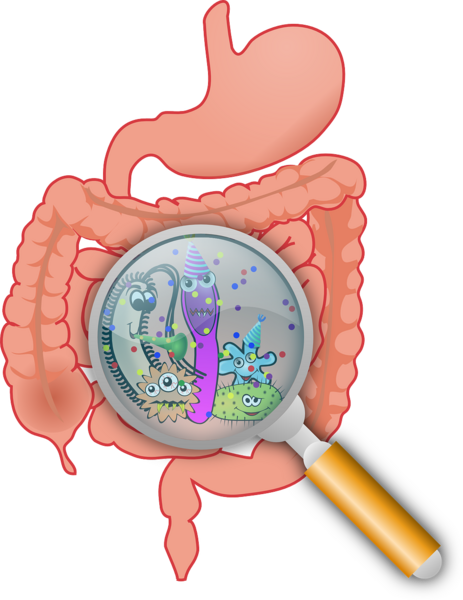The Effects of Altered Microbiome on Caenorhabditis elegans Egg Laying Behavior
(1) American Heritage School, Plantation Florida, (2) University of Miami, Coral Gables, Florida
https://doi.org/10.59720/19-016
Studies suggest the importance of the gut microbiome in human health and disease. However, the human microbiome is complex, and simpler models are needed to better understand the interaction between gut microbiota and the body. We developed a simple microbiome model system using the worm Caenorhabditis elegans (C. elegans). We hypothesized that if wild-type C. elegans feeds on bacteria other than lab standard E. coli OP50, there will be a change in its gut microbiome, thus influencing egg retention behavior. Compared with the control, the worms fed Comamonas bacteria retained more eggs than the worms fed Bacillus (p < 0.001). Therefore, when wild-type C. elegans is grown on varying bacteria, a change in gut microbiome may explain the differences noted in egg retention behavior. The C. elegans model created in this study is a simple representation of the more complex human-microbiota interaction occurring in our bodies. An interesting application of this model is finding out to what extent host response to various medications is affected by the microbiome and whether this can be used to guide a personalized approach to treating diseases.
This article has been tagged with: